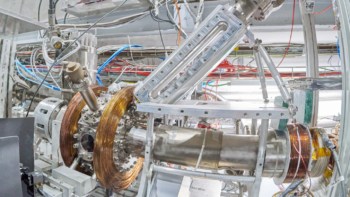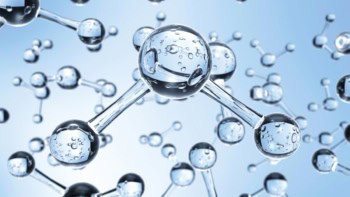Available to watch now, The Electrochemical Society in partnership with Hiden Analytical, explores the fundamentals of organic electrochemistry
Want to learn more on this subject?

Electrochemistry has long held potential as a tool for constructing a wide variety of organic molecules, and the organic chemistry community is both recognizing and impressively exploiting that potential with increasing regularity. Those efforts have taught us a great deal about how to think about electrochemical reactions and how to use the technique to accomplish new transformations that enrich the synthetic enterprise.
The relationship between organic synthesis and electrochemistry can also be viewed in the opposite direction, with the new synthetic chemistry being developed in order to facilitate exciting opportunities to expand the scope of electrochemical experiments. For example, new synthetic methods that allow for the site-selective generation of chemical reagents on microelectrode arrays have enabled the construction of complex, addressable molecular surfaces. The method offers a previously unknown level of quality control over the surface and enables binding events between molecules to be monitored in “real time”.
Not surprisingly, the exploration of these new electrochemical tools is beginning to “give back” to the synthetic arena. A number of preparative scale synthetic applications have now arisen based on the concept of site-selective reagent generation, and those applications offer new opportunities for controlling the selectivity of a chemical reaction.
This webinar highlights the interplay between organic synthesis and electrochemistry with an emphasis on how key concepts in physical organic chemistry are used to guide the development of new advances in both areas.
Want to learn more on this subject?

Kevin D Moeller joined the chemistry faculty at Washington University in St Louis in 1987 where he is now professor of chemistry. Prof. Moeller’s independent research primarily focuses on how the interplay between electrochemistry, physical organic chemistry, and synthesis can be used to address a variety of topics. His group has explored the chemistry of highly reactive radical cation intermediates in the context of exploiting electrochemistry as a method for triggering unique synthetic transformations. They have examined the use of modern synthetic chemistry as a method for building complex molecular surfaces on microelectrode arrays, and engaged in the design and synthesis of chemical probes for examining and mitigating the reactivity of G-protein signaling pathways. Moeller’s work continues to play a significant role in defining how the synthetic chemistry community can think about and take full advantage of electrochemical methods.





